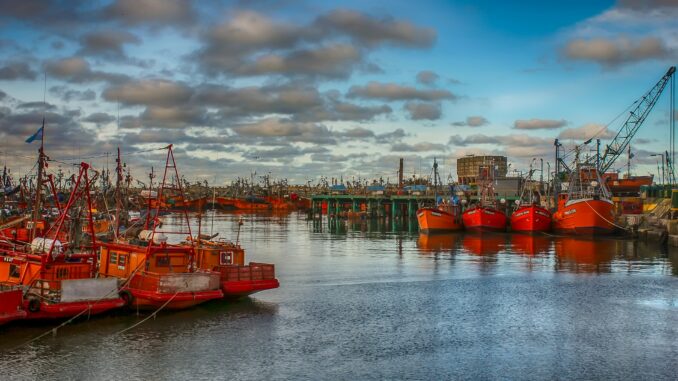
Trade is at a screeching halt as Strike at ports continue in the East and Gulf coast ports after members of the International Longshoremen’s Association (ILA) decided to walk off their jobs.
ILA is North America’s largest longshoremen’s union on Strike
Strike at ports carried out by is North America’s largest longshoremen’s union. This Strike threatens 14 more major ports due to just-expired master contract with the United States Maritime Alliance (USMX), and picketing workers starting to appear at ports. The strike is a result of the Union and the port ownership failing to reach a contract on wage increment.
Impact of Strike at ports on U.S Economy
The Strike at ports will cause a substantial impact to the U.S economy costing hundreds of millions of dollars in New York and Jersey ports. Although USMX offered nearly 50% high in wages during the last six years, the port ownership argues for a collective bargaining rejecting the wage hike.
The U.S supply chain will also be severely impacted by the Port Strikes. And if the disruption continues for the coming week, it will lead to backlogs. Taking into consideration the wider repercussions, it may lead to shortages and spike in prices. The food and automobile industries will be the most affected. This is the case because they heavily depend on the ports on a day to day basis.
Conclusion
As the strikes continue, disruption will be rampant snarling the consumer driven economy due to backlogs. The administration must soon reach a decision as this may lead to severe economic impacts throughout the United States. A long term sustainable job deal looks like the best solution in the long-term to prevent this from happening again.
Key Points
- The International Longshoremen’s Association strike at East and Gulf Coast ports is disrupting trade and threatening additional port closures.
- The strike stems from a disagreement over wage increases, with the union and port owners failing to reach a new contract.
- The strike is severely impacting the U.S. economy, especially the food and automobile industries, and may cause shortages and price hikes if it continues.



